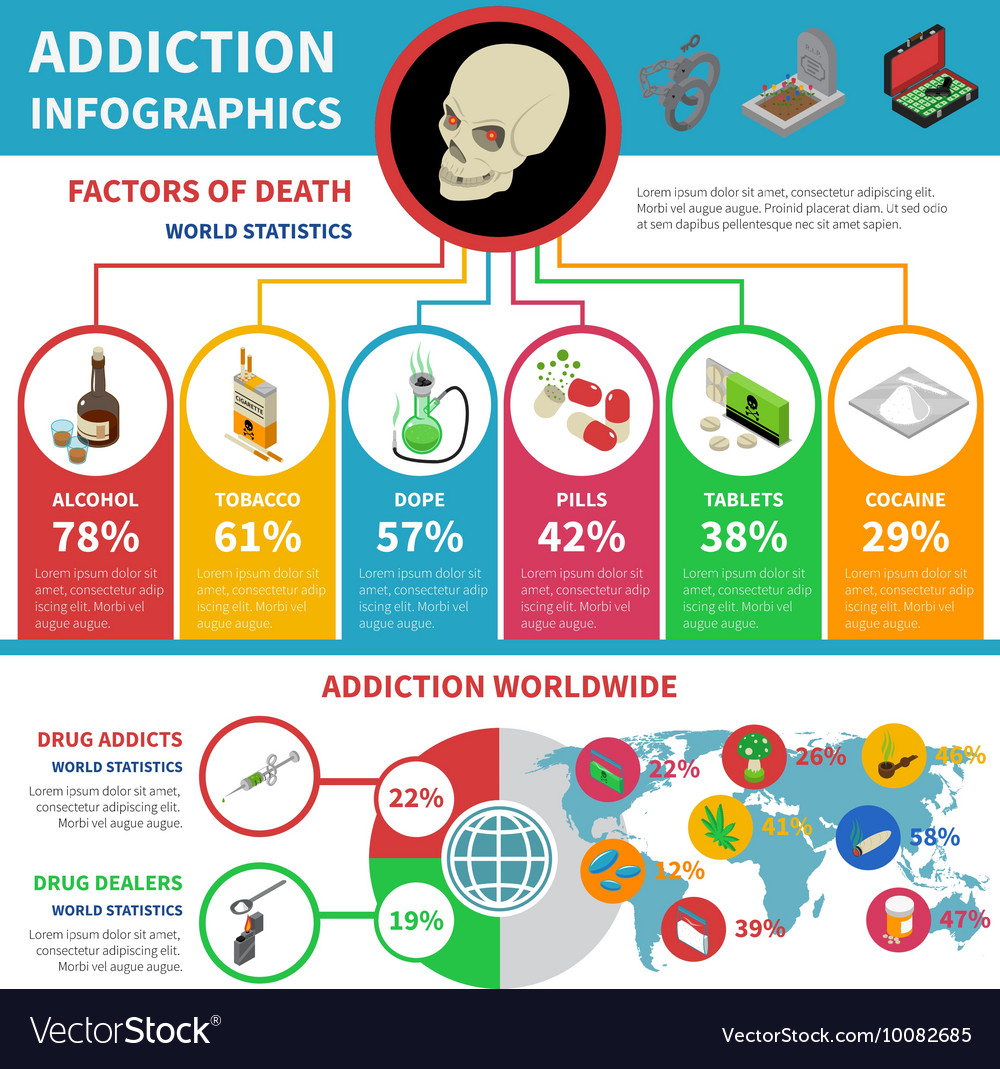Why Aftercare In Drug Rehabilitation Is Essential For Long-Term Recuperation. Learn Exactly How Support Group Can Help You Remain Sober And Develop A Satisfying Life
Why Aftercare In Drug Rehabilitation Is Essential For Long-Term Recuperation. Learn Exactly How Support Group Can Help You Remain Sober And Develop A Satisfying Life
Blog Article
visit my web page -Vittrup McKenzie
You can't do it alone. Healing from drug addiction calls for a strong support system.
The relevance of aftercare in drug rehabilitation can not be overstated. In this write-up, we will certainly check out the duty of counseling, the benefits of treatment, and the foundation provided by peer support groups in maintaining soberness.
So, get hold of a cup of coffee, relax, and let us assist you via the essential steps of post-rehabilitation support.
The Function of Counseling in Aftercare
If you intend to preserve your sobriety after leaving rehabilitation, it's crucial that you continue participating in therapy sessions as part of your aftercare plan.
Counseling plays an important duty in your recuperation journey by giving continuous assistance, guidance, and a secure room to reveal your feelings and problems.
Through counseling, you can resolve any underlying problems that might have added to your dependency, create dealing techniques, and discover much healthier means to take care of stress and desires.
It permits you to resolve any unresolved feelings and create a better understanding of yourself and your triggers.
The Advantages of Therapy in Preserving Soberness
To preserve your sobriety, therapy can supply many advantages.
- Therapy provides a secure room for you to explore and address the underlying issues that may have added to your dependency.
- It allows you to resolve your feelings and create much healthier methods of managing anxiety and sets off.
- With treatment, you can gain a far better understanding of on your own and your patterns of actions, which can aid you make positive adjustments in your life.
- Furthermore, therapy supplies you with a support system of specialists that are trained to lead and aid you on your journey to recuperation.
- They can supply useful understandings, tools, and methods to assist you navigate the obstacles that may occur.
- In treatment, you can learn to develop healthy and balanced coping skills, develop durability, and boost your overall health.
Peer Support Groups: A Foundation for Lasting Recuperation
You can find long-term healing by proactively joining peer support system and getting in touch with others who share comparable experiences and objectives.
Peer support system offer a secure and non-judgmental space where people in recuperation can integrate to share their battles, successes, and insights. By actively taking part in these teams, you can obtain the support and support you need to remain on the course of recovery.
Connecting with others that've undergone comparable experiences can be incredibly encouraging, as it helps you realize that you aren't alone in your trip. It additionally allows you to gain from others who've efficiently gotten rid of comparable challenges. With each other, you can celebrate landmarks, hold each other liable, and deal assistance and recommendations.
Through https://lashay-elisa16francesca.blogbright.net/experience-the-transformative-benefits-of-specialized-drug-rehabilitation-achieve-sustainable-healing-and-unlock-an-extra-promising-overview-on-life , you can develop a strong support system that will certainly help you navigate the ups and downs of recuperation and ultimately locate long-term recovery and transformation.
Conclusion
You've learnt more about the essential function of aftercare in drug rehab. Counseling, treatment, and peer support groups add to lasting recuperation. Here's a staggering figure to realize the size of the concern: studies reveal that people who obtain aftercare therapy are 50% most likely to preserve soberness contrasted to those who do not.
So, envision the transformative power of these support systems in helping people recover their lives and build a brighter, drug-free future.
